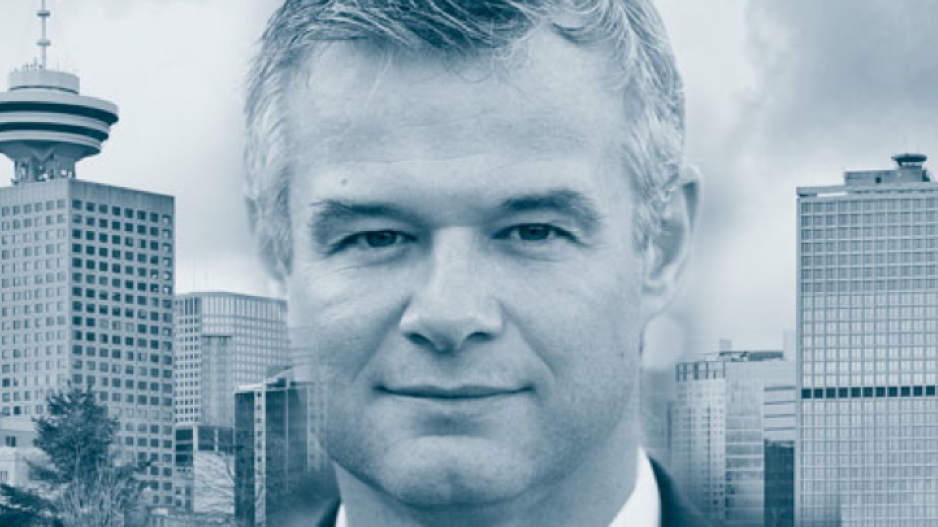The last nine months and the last decade has been a bewildering time. After the Great Recession’s financial system bailout in 2008-09, central banks and governments around the world turned on the easy money spigots and haven’t turned them off since.
The trend has only increased during the COVID-19 pandemic. Now that a possible vaccine has been developed, what does that mean for the economy, and what does it mean for the long term?
Vaccine: when bad is good and good is bad
On November 9, Pfizer released results of a COVID vaccine trial that showed preliminary promise. Stock markets surged, and goverrnment bonds were crushed as interest rates rose. This creates some interesting scenarios that could affect B.C.’s economy.
In the months since the global pandemic hit, trillions of dollars have been printed by governments around the world to combat the economic downturn caused by the pandemic. In Canada, the deficit recently hit $343 billion. That is more than 10 times last year’s deficit.
Counterintuitively, the worse the economic carnage, layoffs and corporate bankruptcies have been getting, the more stock and real estate markets have gone up, as the collective market expects bigger and bigger bailout packages. We are in the perverse situation that if the economy does better, and bailout packages are smaller in the future, the markets will sink and bring down the economy with it.
Are we really in a recession?
If you look at GDP, unemployment rate and other numbers, we are in a severe recession, and it has hit small businesses especially hard. On the other hand, stock markets have surged, and real estate prices continue to defy gravity, while consumer spending seems to rise in an uninhibited fashion. So what gives?
Normally in a recession, credit is tightened primarlily because banks have to prepare for a wave of defaults on their loan books. Typically, the banks haven’t prepared enough ahead of time, so the credit squeeze becomes worse than it would otherwise have been. The recession of the early 1990s is an example.
In the 2008 crisis, the financial system was bailed out, but consumers were not. In the great coronavirus crisis, everyone is getting bailed out. Personal incomes for many have risen in Canada due to government transfer payments to individuals. As mentioned, interest rates have dropped to almost zero, and it’s so easy to get credit; speculation is rampant.
If the vaccine announced is effective and interest rates increase as the economy improves, the crushing amount of debt that people have taken on when interest rates were at all time lows will become unserviceable. That will result in a wave of defaults and, I suspect, more bailouts.
The amount of debt in the system is so high that it is going to be almost impossible for governments to ever let a normal recession happen again. The current crisis is creating a situation where the economy and individuals are becoming increasingly addicted to and dependent on the perpetual bailout “drug.”
In plain words, we are becoming a welfare state, as the economy, and in turn individuals, can’t function without permanent and ever-increasing levels of government assistance just to maintain the status quo.
Moral hazard ahead
Recently, the Canada Mortgage and Housing Corp. (CMHC) pleaded with mortgage lenders to lend prudently in this environment. The theory was that easy lending in times of rock-bottom interest rates was setting homebuyers up for catastrophic losses down the road. This is especially the case in Vancouver, where the income needed to service debt is at all time highs.
However, the CMHC’s advice was generally shunned and called alarmist by the lending institutions. One reason for this is they know we are all addicted to bailouts, and the government will continue to provide them whenever they need to.
We are at the point where unless governments continue to provide bailouts and easy money, they won’t get elected. We are getting to the point where we rely on not having to fulfil our obligations. Many companies are consequently having trouble finding employees because people can make more money from government assistance than they can from a job.
So this quote attributed to Scottish economist Alexander Tytler in the late 1700s is as true today as it was 250 years ago:
“A democracy cannot exist as a permanent form of government. It can only exist until the voters discover that they can vote themselves largesse from the public treasury. From that moment on, the majority always votes for the candidates promising the most benefits from the public treasury with the result that a democracy always collapses over loose fiscal policy, always followed by a dictatorship.”
As my dad always said, the more things change, the more they remain the same. •
Bob Thompson is a financial adviser with Raymond James Ltd. The views of the author do not necessarily reflect those of Raymond James.




